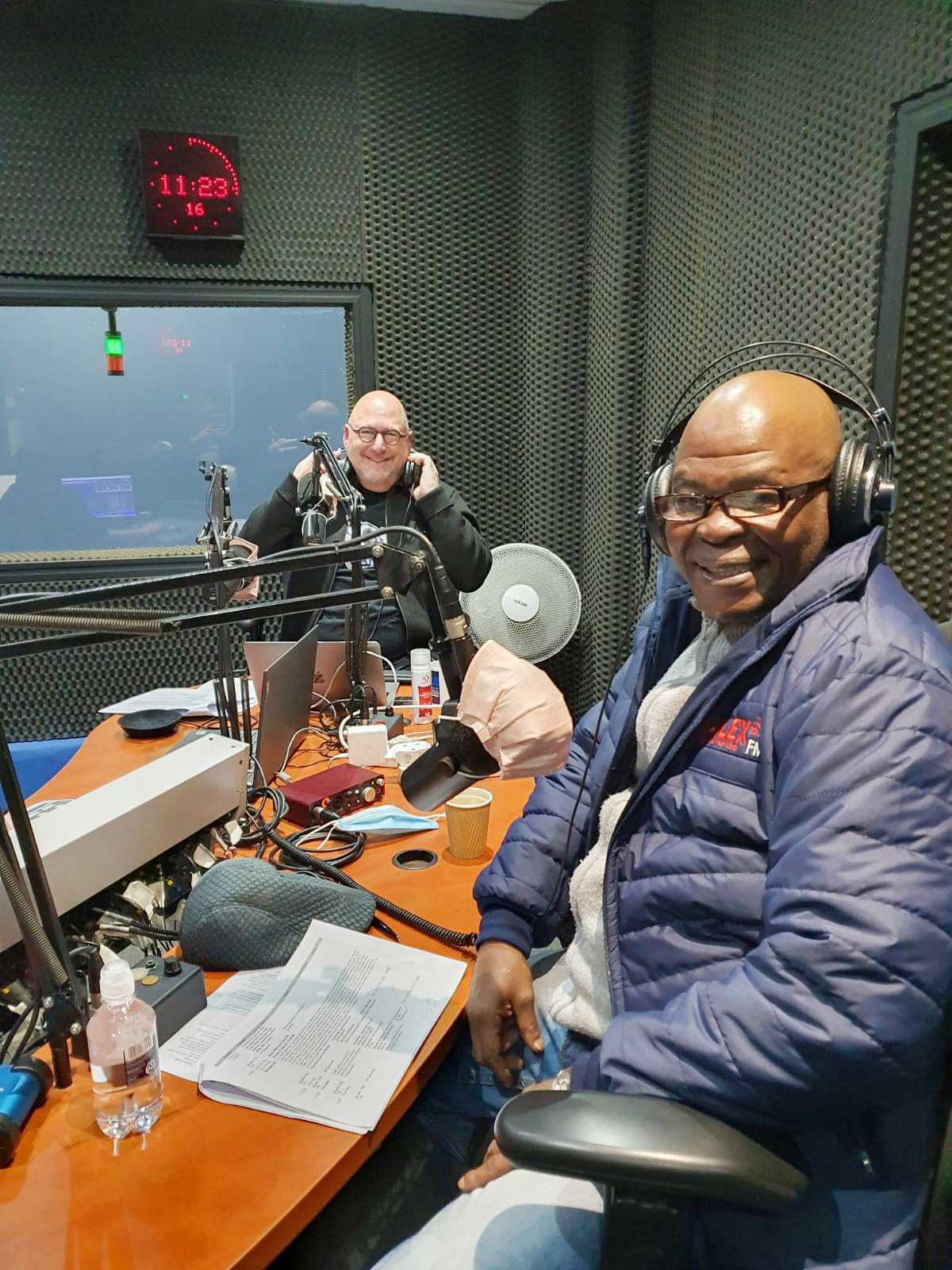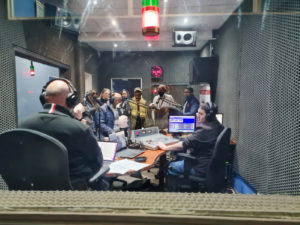
Community

Commemorating an untold Youth Day massacre
This is a story seldom told. Which is why on Sunday, 19 June, ChaiFM got together with Alex FM for a joint broadcast. For three hours, the stations shared a studio, presenters, and listeners to recount and commemorate the largely unknown events of 1976.
In 1974, under the apartheid government, the minister of Bantu administration and development, MC Botha, issued a decree that made the use of Afrikaans as a medium of instruction in black schools compulsory from Standard 5 (Grade 7) onwards. Over the next two years and under the oppressive apartheid regime, black society in South Africa became a pressure cooker of tension.

At the 1976 student uprising, the youth were officially protesting Afrikaans as the language of instruction, but this was just one aspect of the “Bantu education” enforced by the regime. Although the protests are grouped as the “Soweto uprisings”, the reality is that they occurred throughout the country. Some communities experienced more violent responses from the government than others.
On 18 June 1976, In Alexandra, police opened fire on protesting youth, killing 22. Forty-five more were injured. It was their stories that were told on our broadcast.
Together with Muntu Mbanjwa from Alex FM, I was privileged to spend three hours interviewing survivors, teachers, activists, and even a newspaper delivery man at the time of the protest.
The conversations were real, unscripted, and spoke not only of the injustice of the time but of frustration with the current government which hasn’t delivered. It spoke to a younger generation in search of a cause and desperately in need of direction and guidance.
Towards the end of the broadcast, a moment of silence was held. Each name was read along with the age of the victim and the cause of death. It was stark and sobering. The memories lingered in the air long after the studio fell silent.
It was thanks to information that Wendy Kahn, the national director of the South African Jewish Board of Deputies provided, and the incredible effort of Kathy Kaler, the chief executive of ChaiFM, that this initiative was borne. It was an uncomfortable, real, and inspiring morning, and I’m grateful to have been part of it.
It’s difficult to understand why some stories are told while others aren’t. But now at least the events of 18 June 1976 are more widely known.






